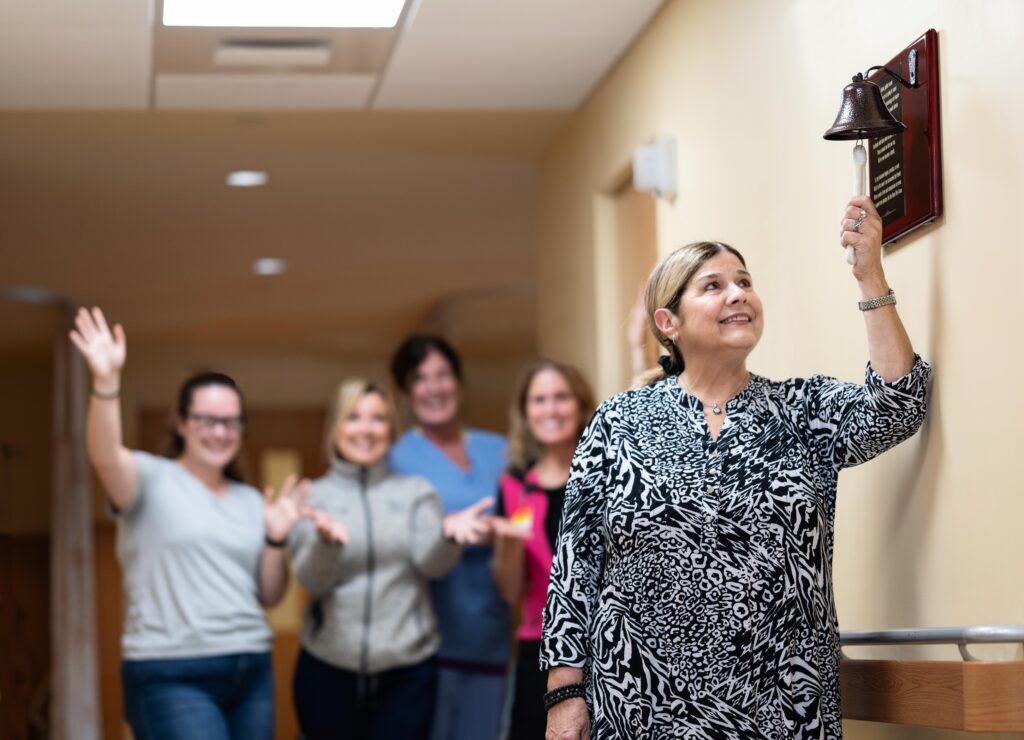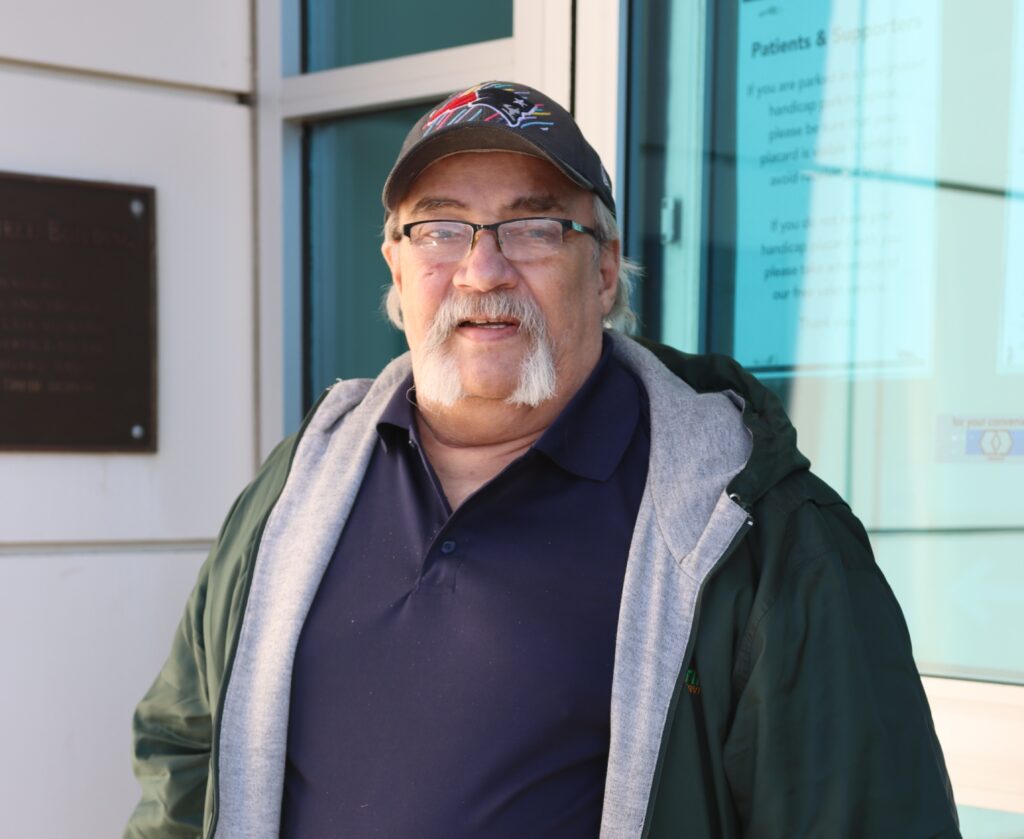

As a former longtime smoker who had quit a dozen years before, Donna was a good candidate for the screening, which can detect cancer early and give doctors the best chance of treating it.
Every day, George Squillante promises himself a good day, but his optimism almost failed him in March 2020, when he learned he had stage 4 lung cancer that spread throughout his body.

Lung cancer is the second most common cancer in both men and women. It’s also very hard to find in the early stages. This makes lung cancer the leading cause of cancer-related deaths — more than colon, breast and prostate cancers combined. But not all lung cancers have the same prognosis.
At Southcoast Health, we have an expertise in cancer care to ensure that you receive the best diagnosis and treatment options possible. Our lung cancer screening program helps identify early stage lung cancer in high-risk patients. If lung cancer is found at an earlier stage, when it is small and before it has spread, it is more likely to be treated successfully.
In order to undergo a screening exam, you must meet the following criteria:
It’s important to know your type of lung cancer because it affects both your treatment and your outlook. There are three types of lung cancer:
Anyone can get lung cancer. However, smoking is the top risk factor. In fact, smoking causes 90% of lung cancer cases. This includes cigarettes, cigars and pipes. Your risk goes up the longer you smoke and the more cigarettes per day you smoke. The good news is that quitting decreases your risk, regardless of your age.
Other lung cancer risk factors include:
Tumors can grow in the lungs without causing pain or discomfort. As a result, lung cancer doesn’t typically cause symptoms in early stages. By the time most people notice symptoms, lung cancer has usually spread too far to be cured.
When symptoms of lung cancer develop, they may include:
Treatment for lung cancer depends on the type and stage and may include:
Southcoast Health provides extensive care and treatment for patients with lung cancer in southeastern Massachusetts and Rhode Island.